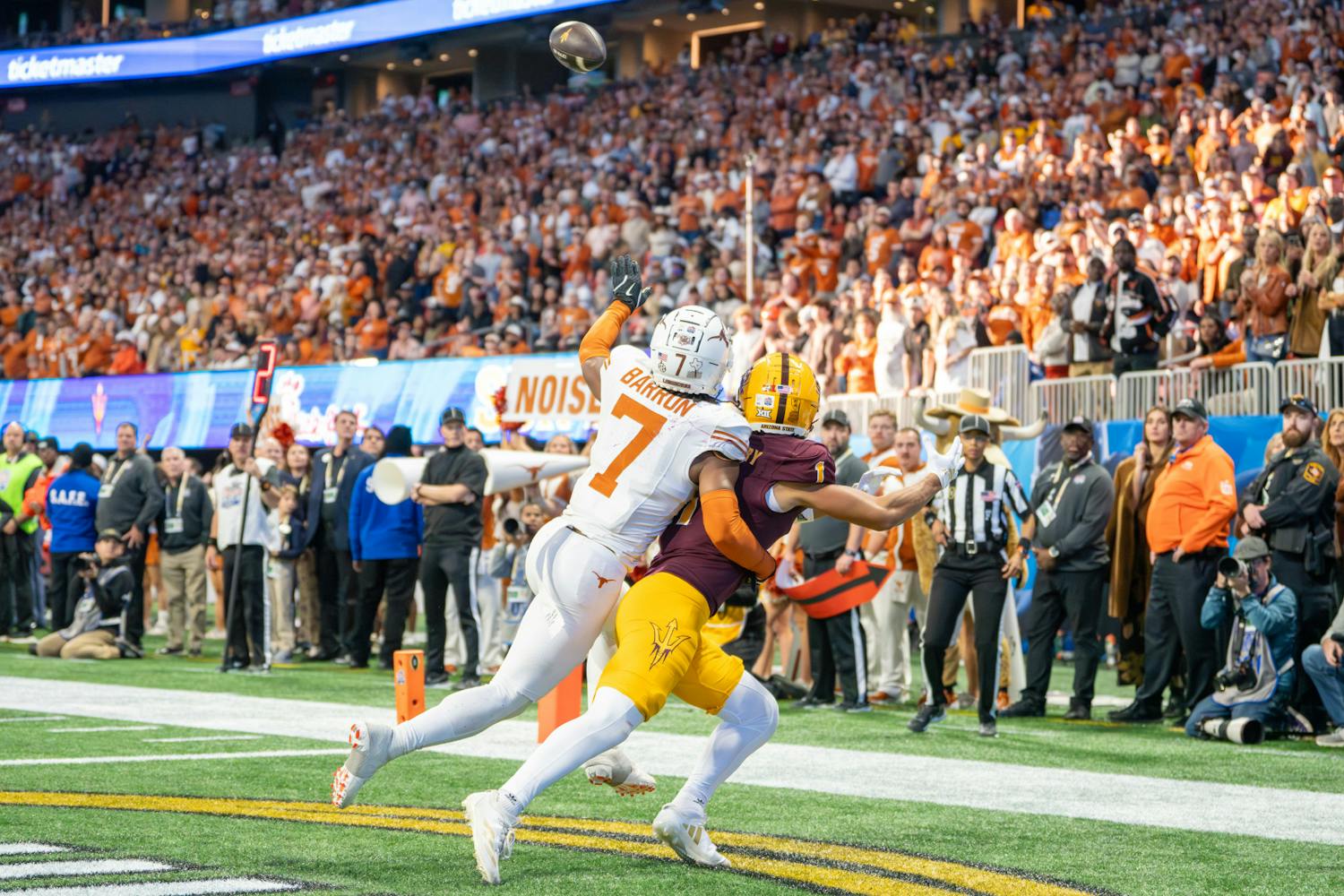Though Democratic presidential candidate Barack Obama is leading in the delegate count, rival Hillary Clinton is ahead in at least one tally in the ASU community.
According to quarterly reports released by the Federal Election Commission this month, Clinton has received the most money of any candidate from people listing "Arizona State University" or any of its variants as their employer. Also included in the totals are donors who were listed as students or professors and were found in University directories.
A total of $30,915.40 in donations to Clinton was reported by the FEC from ASU employees and students.
Obama came in second among ASU contributions with $17,693.74, and Arizona Sen. John McCain came in third with $11,645.
At UA, Clinton also narrowly came in first in fundraising, gaining $29,480 to Obama's $26,764.71.
At NAU, however, she failed to raise a single penny, and Obama came in first with $4,079.99. Democratic New Mexico Gov. Bill Richardson finished second with $3,925.
Though the University as a whole won't play favorites in the 2008 election, members of the ASU community wear their loyalties on their sleeves, shelling out cash to help their favorite candidates make it to the White House.
In all, ASU faculty members and students gave at least $77,493.26 to presidential campaigns, as opposed to UA's $81,724.03 and NAU's $9,954.99.
Among the big givers from ASU was University Provost and Executive Vice President Elizabeth Capaldi, who donated $4,600 to Clinton's presidential campaign, according to the FEC.
Capaldi did not respond to requests for comment before press time.
Besides McCain, Obama and Clinton, Republican Ron Paul is the only candidate still officially in the presidential race. ASU students and employees donated at least $3,264 to his campaign.
Kimberly Toms, writing center coordinator at the ASU West campus, donated $45 to the McCain campaign but has been supporting the candidate since he jumped into the 2008 race.
Toms said she donated to the presumptive Republican nominee because he seems honest.
"He puts his convictions before political convenience," she said.
Taking the extra step to financially support a candidate is an important part of the political process, Toms said.
"To get options when you vote, it has to start before that," she said. "Before you vote at the ballot box, you have to vote with your wallet."
Gustavo Schneider, a law student, donated $350 to Rudy Giuliani's campaign before the candidate and one-time frontrunner dropped out of the race in January.
"At the time, Giuliani seemed like a good compromise," he said. "As a Republican and as a conservative, I wanted to retain the White House."
Schneider said he thinks people donate to presidential campaigns because they want to feel involved.
Still, he does not plan to support likely nominee McCain financially because of what Schneider sees as a failure to reach out to conservative voters.
"I probably will hold my nose and vote for him, but I'm not looking forward to doing so," Schneider said.
Jodi Guyot, a faculty member who works in research administration and communication for the School of Human Evolution and Social Change, donated $500 to the campaign of Democrat Dennis Kucinich.
"Everything that he stands for is everything I believe in," she said. "I wish I could have done a lot more to support his candidacy."
Kucinich also dropped out of the presidential race in January.
Supporting two children on a teacher's salary doesn't leave a whole lot of extra money for political contributions, but the price is worth it, Guyot said.
"That's the best money I've spent ever. It's the easiest money I've ever spent," Guyot said. "When I give money to things I believe in the most, it never hurts at all."
Reach the reporter at: leigh.munsil@asu.edu.



